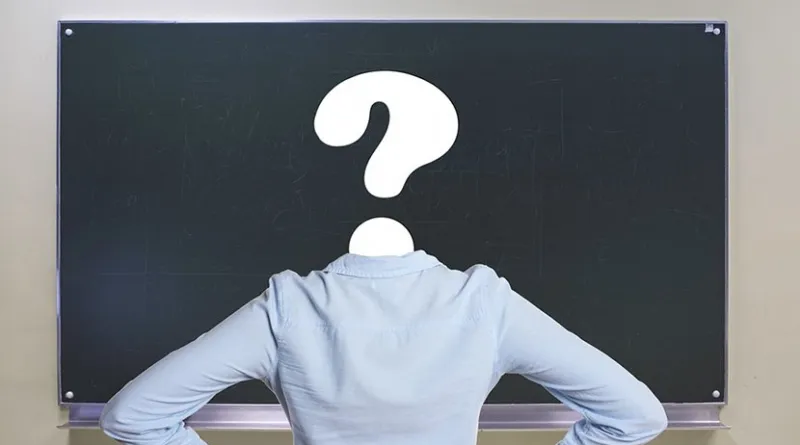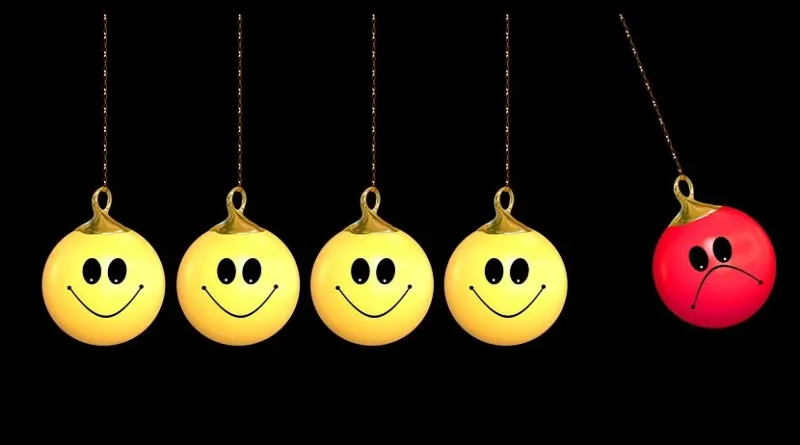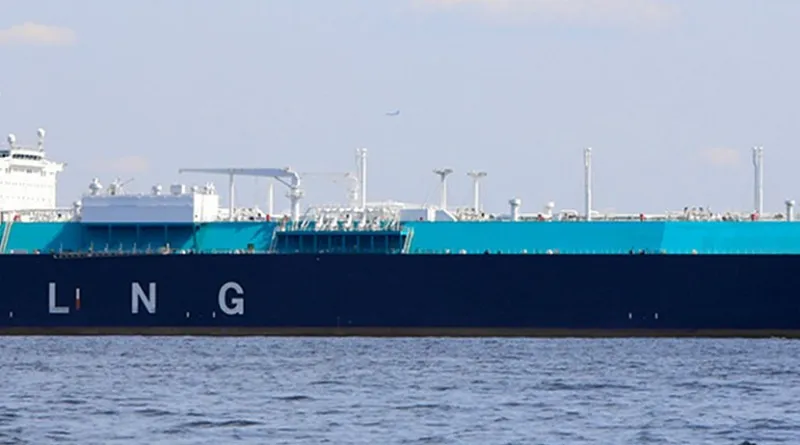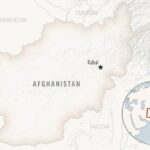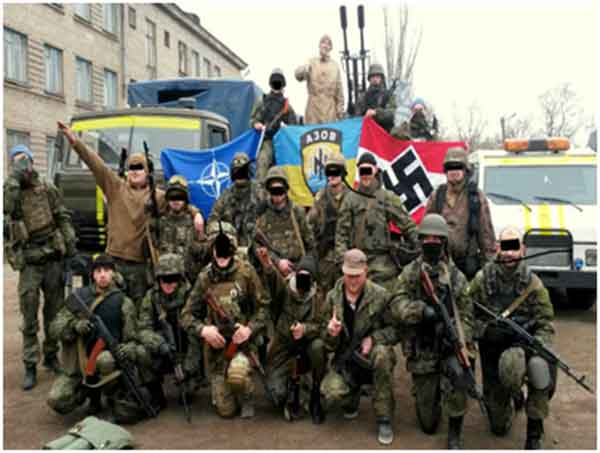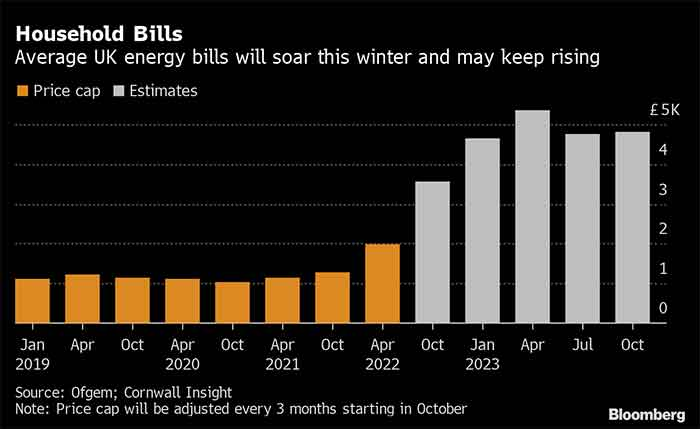Israel Mossad Chief: We have started military preparation for a military strike against Iran
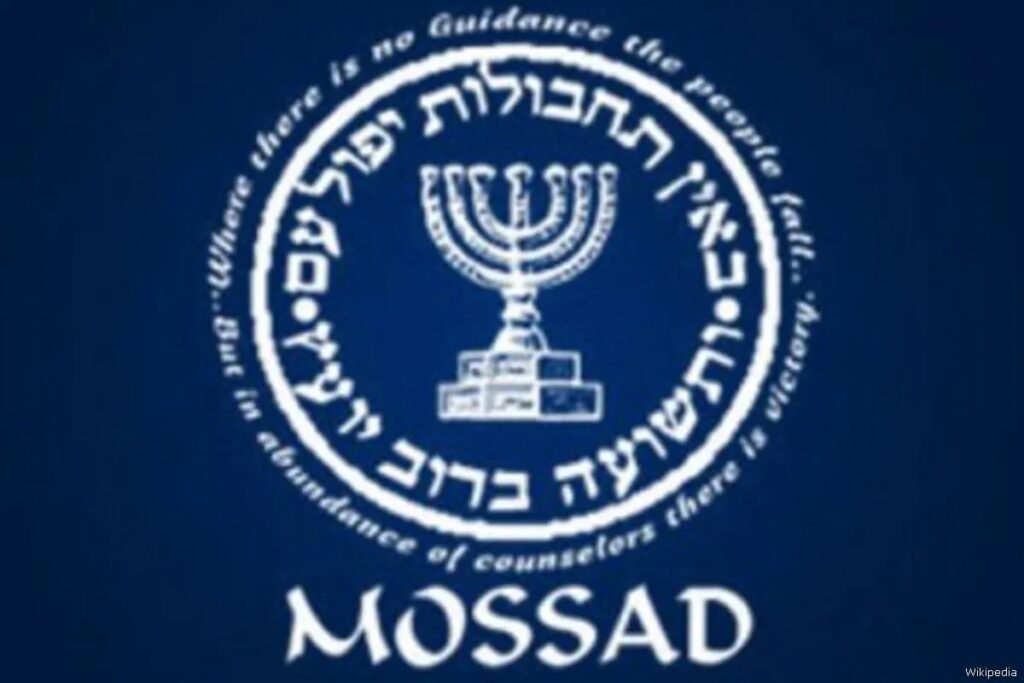
Chief of the Israeli Mossad, David Barnea, described the emerging Iranian nuclear deal signed between Iran and world powers as “a strategic disaster” for Israel, and that “Israel has already begun preparations for a military strike against Iran if such action is deemed necessary.”
Israel’s Times of Israel newspaper quoted Barnea saying that the deal is “very bad for Israel” and that the US “is rushing into an Accord that is ultimately based on lies,” in reference to “Iran’s ongoing claim that its nuclear activities are peaceful in nature.”


